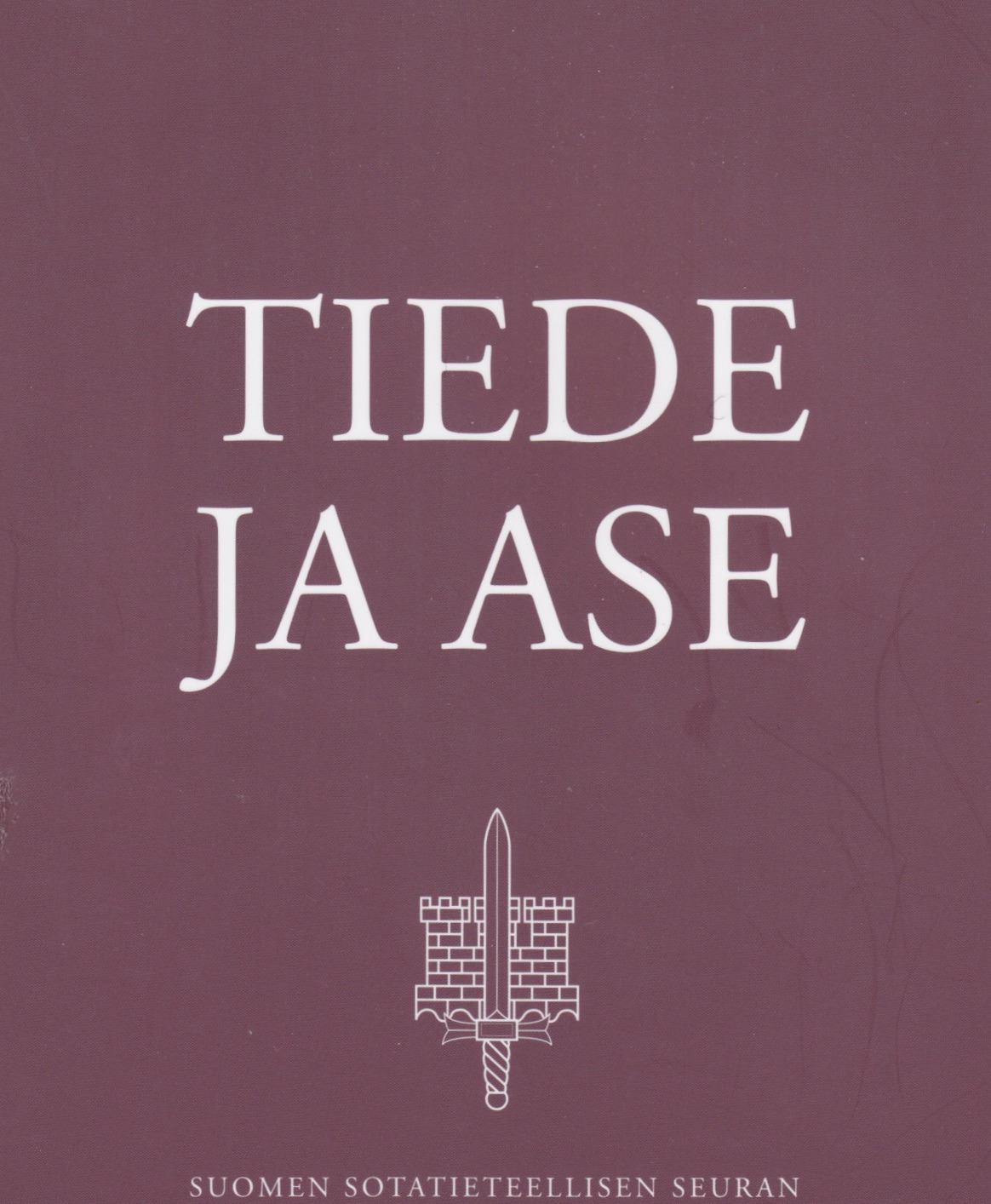Luotanko vai enkö luota?
Nuorten luottamus sosiaalisessa mediassa leviävään informaatioon ja siihen liittyviä tekijöitä.
Abstrakti
The increasing role that social media plays as a source of news and information has both positive and negative effects from the viewpoint of democratic societies. As sharing information on social media is easy, it has also become easier to spread false information. False news, which can render manipulation of people’s views and thoughts remarkably easy, can be extremely challenging to detect. We approached youngsters’ trust in social media content as a potential risk factor; trust can reduce uncertainty and suspicion of information and thus predict the spread of disinformation and conspiracy theories. This may have negative effects on societal security. We aimed to examine what factors explain Finnish youngsters’ (15–19 years) trust in news and information in social media. The analysis was based on a survey (N=800) collected in 2019– 2020. Using regression analysis we found four factors that were positively associated with youngsters’ trust in news and information in social media; trust in traditional media, daily use of social media, following social media influencers, and the belief that approval ratings predict the trustworthiness of news. In addition, the belief that social media gives a distorted view of other people’s lives was negatively connected to trust in news and information. From a national security perspective, youngsters’ social media use is often harmless. However, as their identities and worldviews are still developing, they may act as a target group for information campaigns which aim to undermine the stability of society and disrupt national security. Therefore, it is crucial to understand more about youngsters’ trust in social media content and their ability to detect false information.

